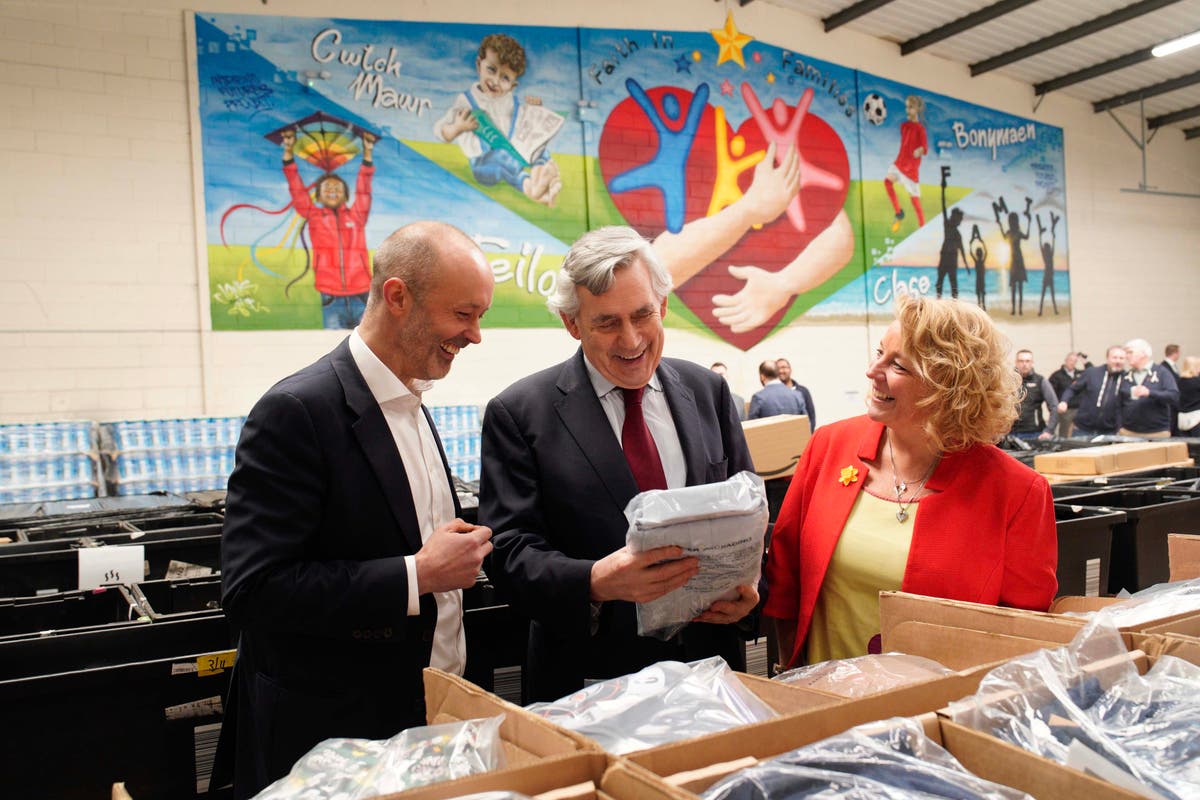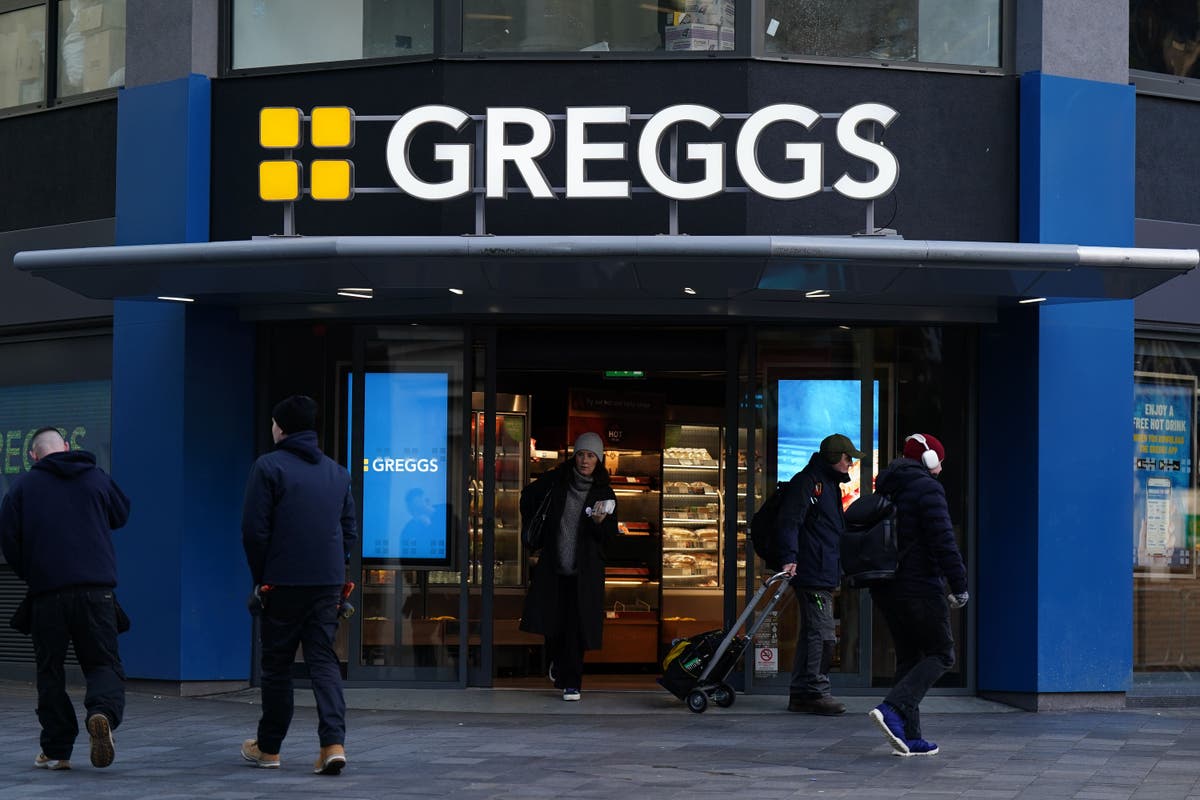
Food banks report drop in donations despite fearing busiest Christmas yet
The IndependentGet the free Morning Headlines email for news from our reporters across the world Sign up to our free Morning Headlines email Sign up to our free Morning Headlines email SIGN UP I would like to be emailed about offers, events and updates from The Independent. “Looking ahead, we are encouraging food banks in our network to hold additional stock where possible in preparation for any sharp increases in demand as a result of the cut to universal credit, end of furlough and rising energy prices.” While the charity’s most recent figures showed that an average of more than 5,100 emergency food parcels were provided for people every day between April until September, it expects this figure to exceed 7,000 this month. “Independent food banks are reporting significant increases in need for their services across the UK particularly since the cut to universal credit,” the network’s coordinator Sabine Goodwin told The Independent. “We're also hearing about a drop in donations and that people who might have donated to food banks in the past are now having to resort to using them.” Pointing to new research from the Living Wage Foundation which suggested that more than two in five of all supermarket employees – some 366,000 in total – earn below the living wage, with women and ethnic minorities disproportionately affected, Ms Goodwin urged that income-based solutions were needed to tackle food insecurity in the UK. “Even with the action taken today, households should expect their costs to continue to rise for some time,” said Ed Monk, associate director at Fidelity International, adding: “A rise in UK borrowing costs won’t ease up clogged supply chains or lower shipping costs.” And analysis by the anti-poverty Joseph Rowntree Foundation warned that, if inflation remains as high as 5.1 per cent by April, the gap between benefit uprating and the projected cost of living means that some 200,000 people will be “pulled into deep poverty”.
History of this topic
Foodbank forecasts 70,000 Victorians may need help with food this Christmas
ABC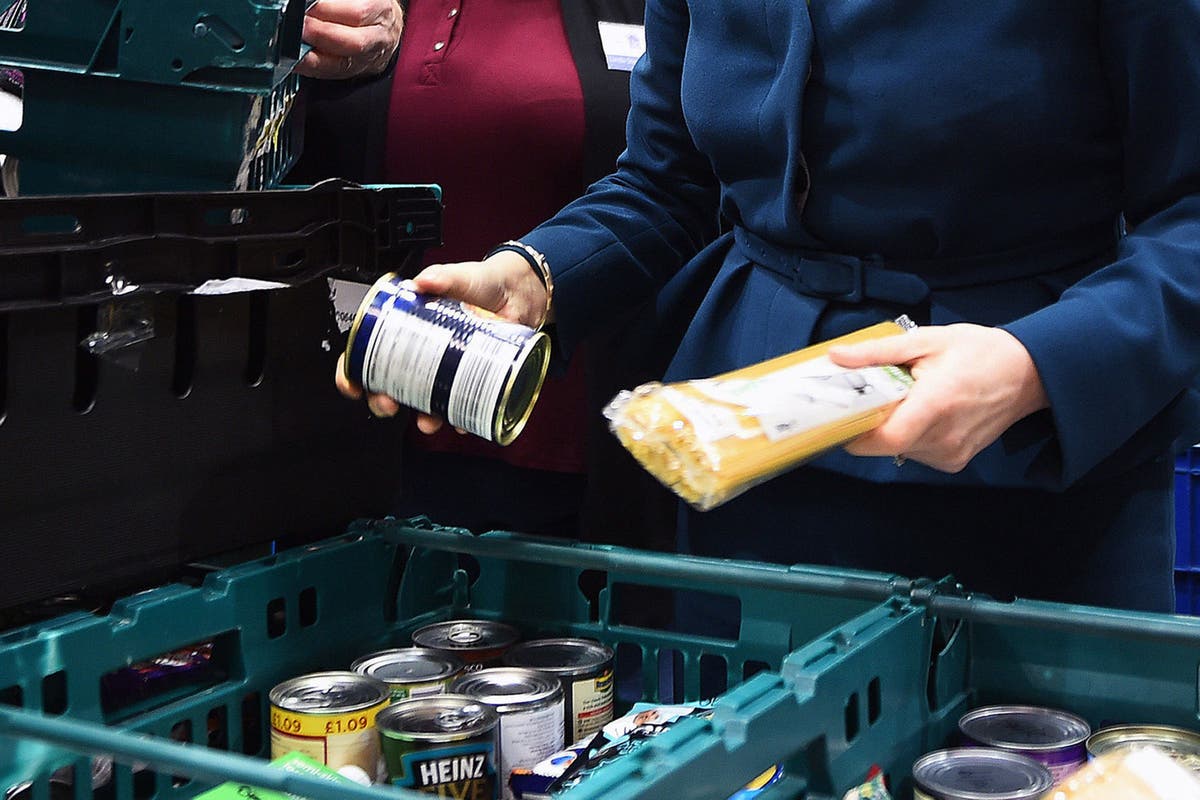
Charities warn ‘pandemic of poverty’ has engulfed UK as record 1.5 million emergency parcels handed out
The Independent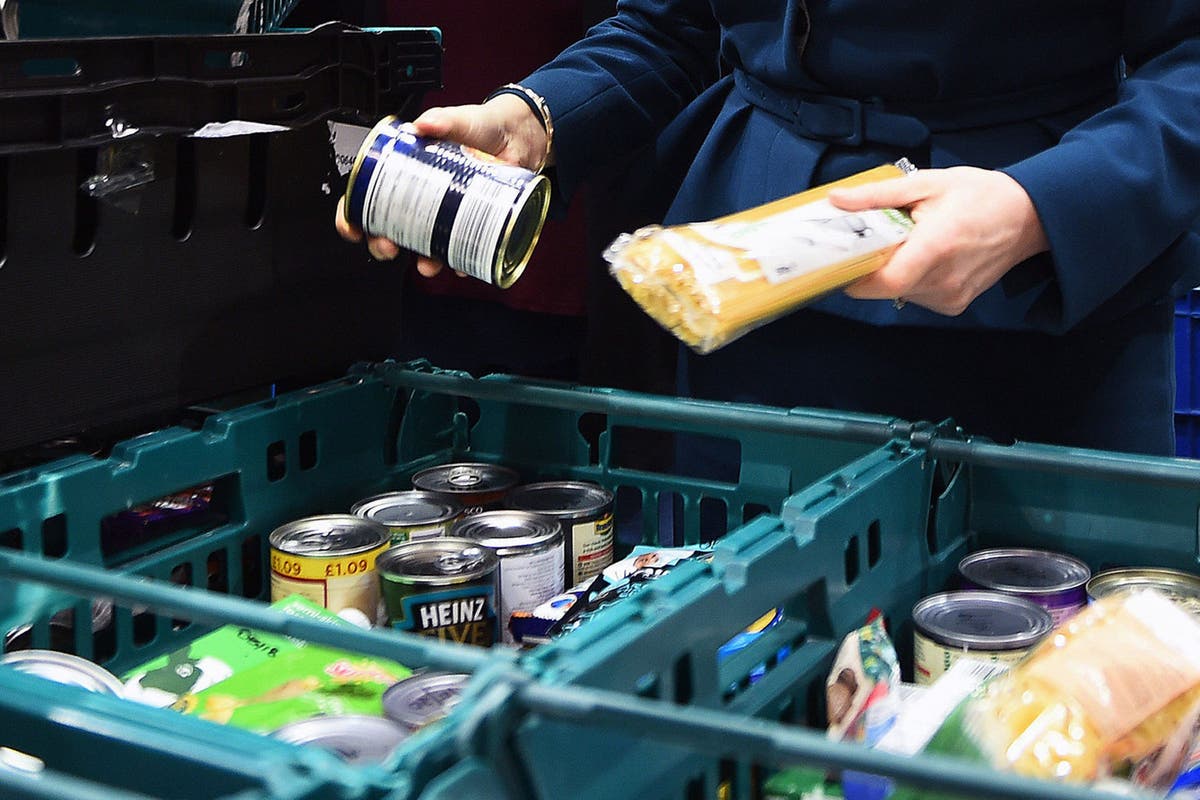
Charity refutes Johnny Mercer claim food bank use is a ‘choice’
The Independent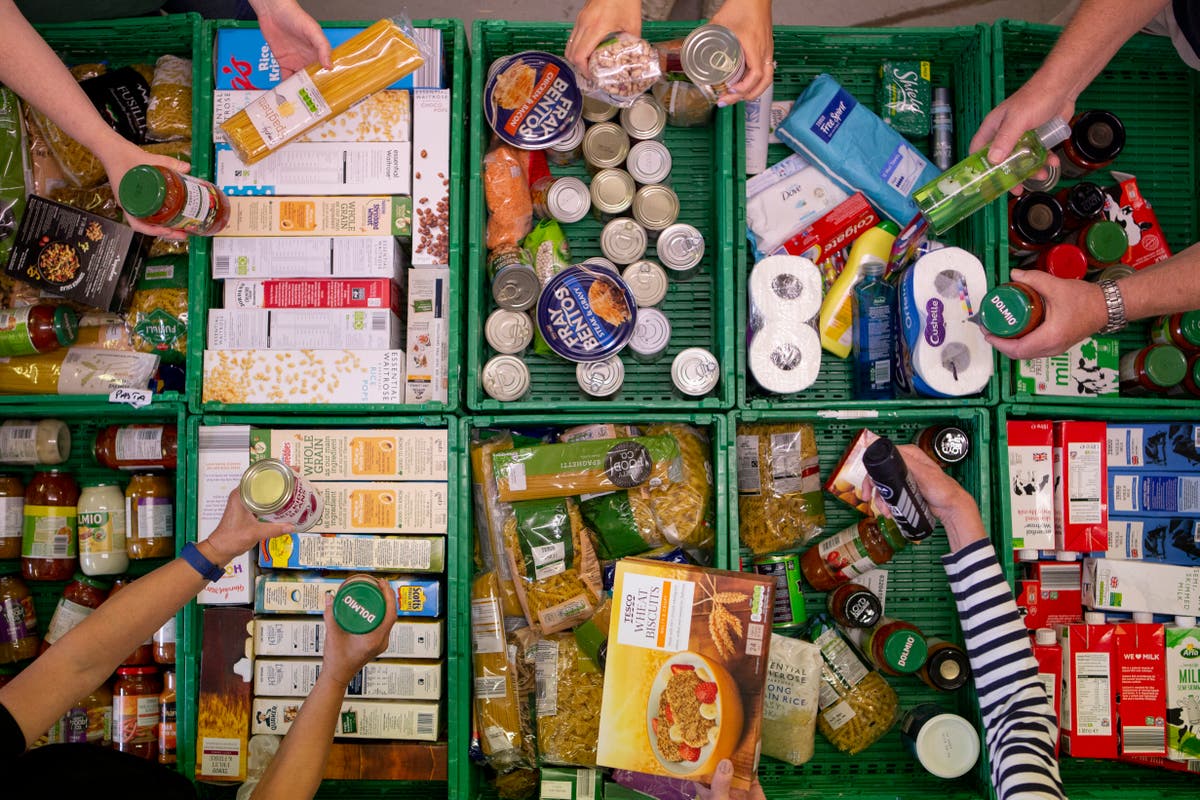
One in seven people in UK going hungry because they can’t afford to eat
The Independent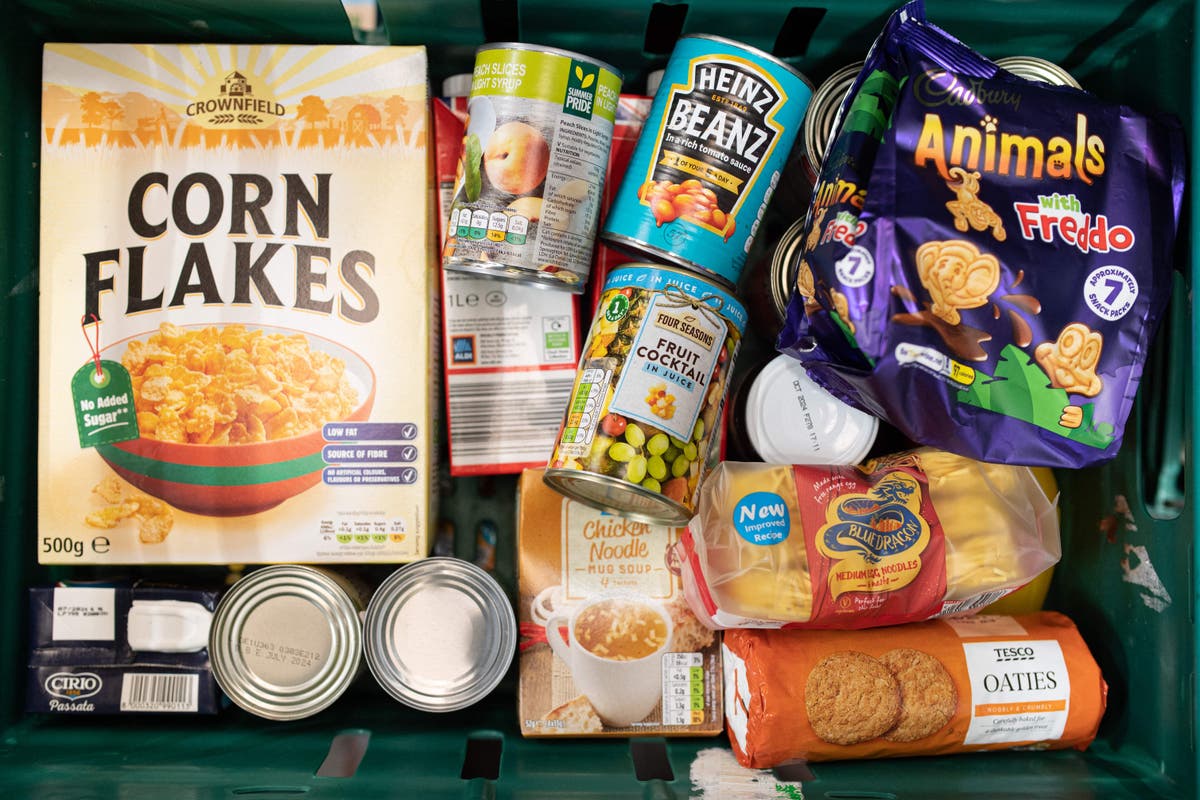
Food banks experiencing ‘unprecedented’ demand amid cost of living crisis as emergency parcels hit record high
The Independent
Food banks face shortages as demand for help rises
NL Times
Food banks lower threshold for receiving food packages due to inflation
NL Times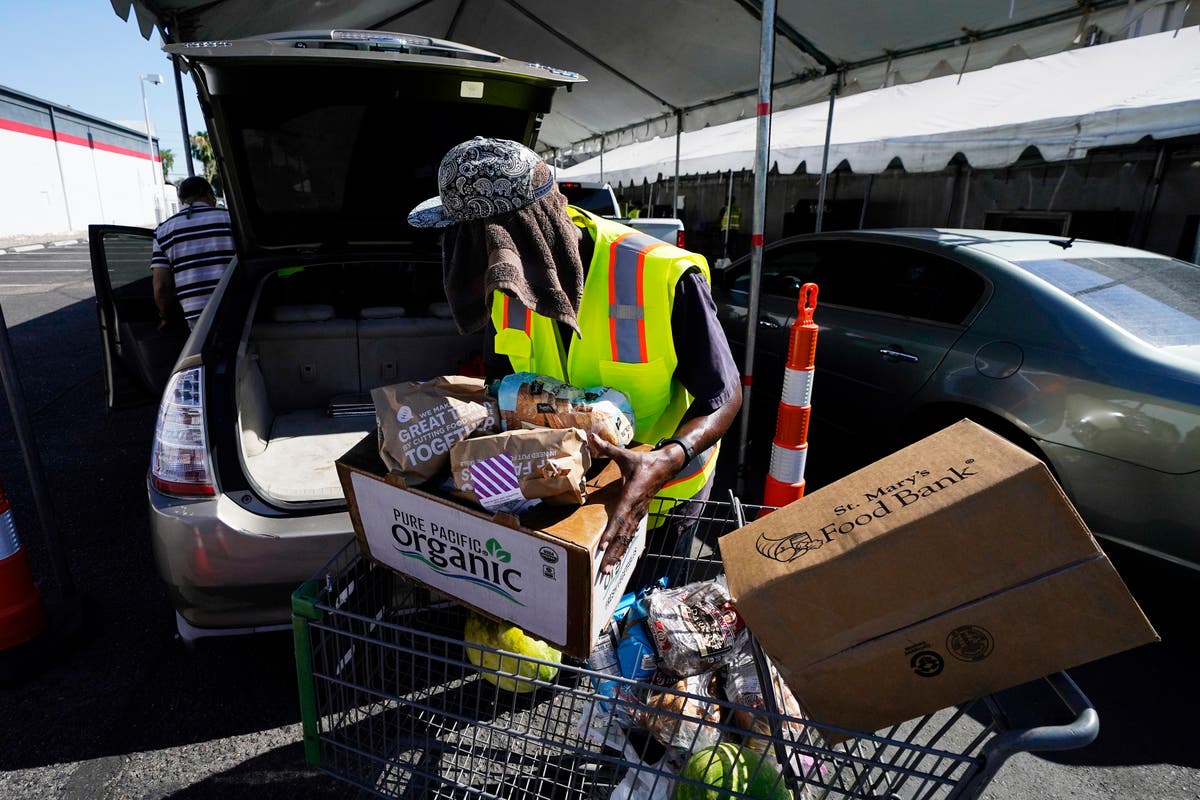
LOCALIZE IT: Ideas for local coverage of food banks
The Independent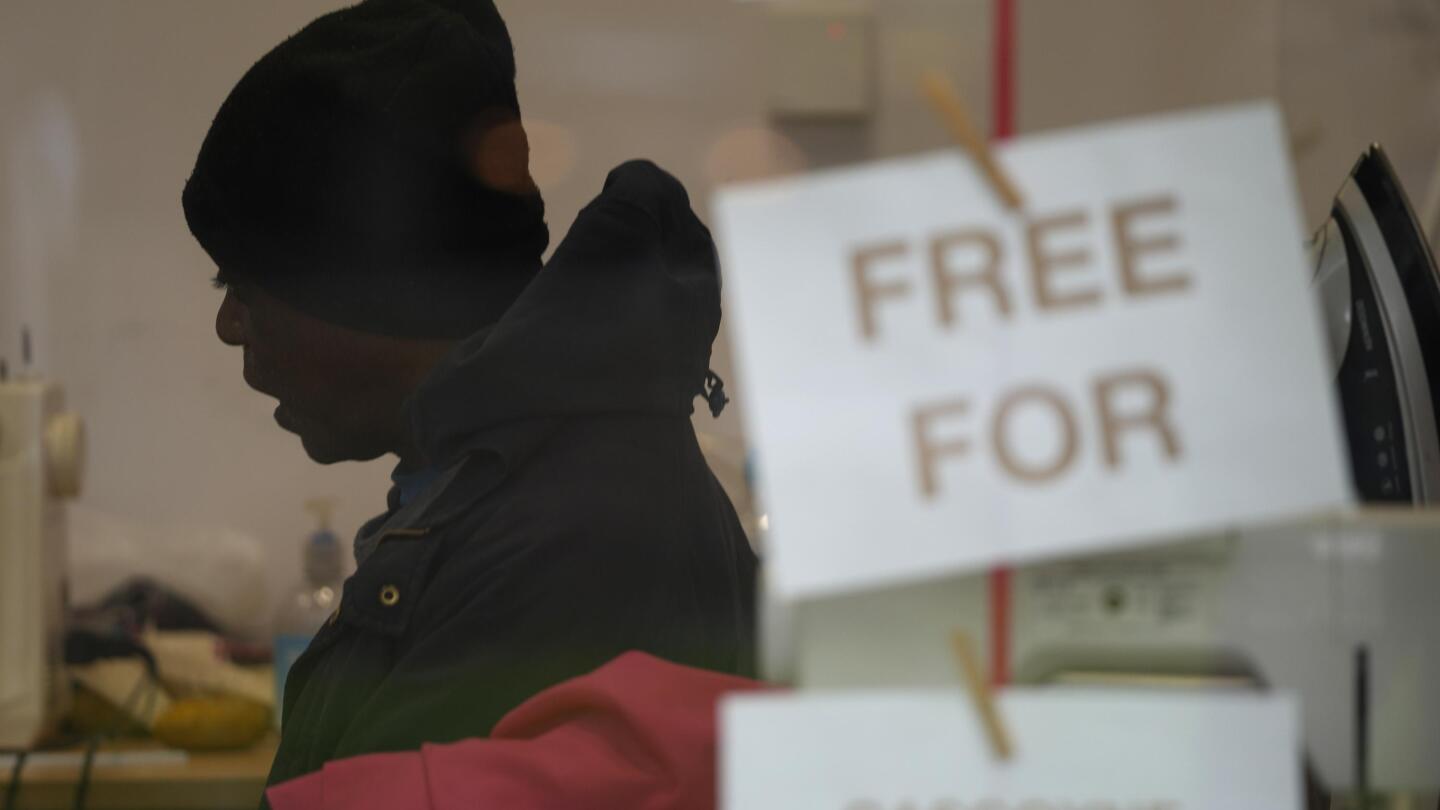
More turn to UK food banks as food and fuel bills soar
Associated Press
More turn to food banks in United Kingdom as food and fuel bills soar
LA Times
UK food banks have provided more than 2.1 million food parcels in past year
The Independent
Food banks see more volunteers, but uncertainty looms
The Independent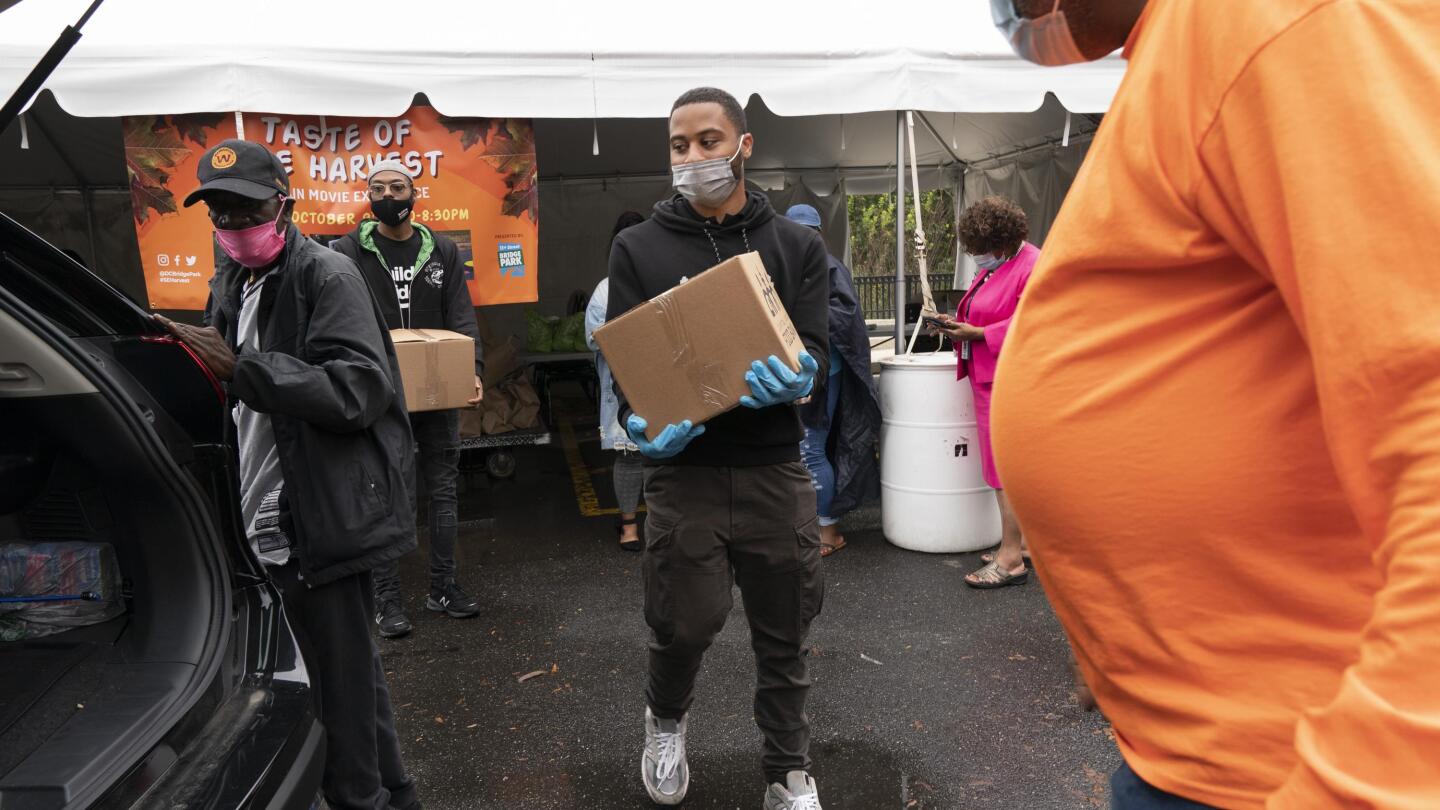
Fewer in US turn to food banks, but millions still in need
Associated Press
Fewer in U.S. turn to food banks, but millions are still in need
LA Times
Sharp increase in people using food bank last year
NL Times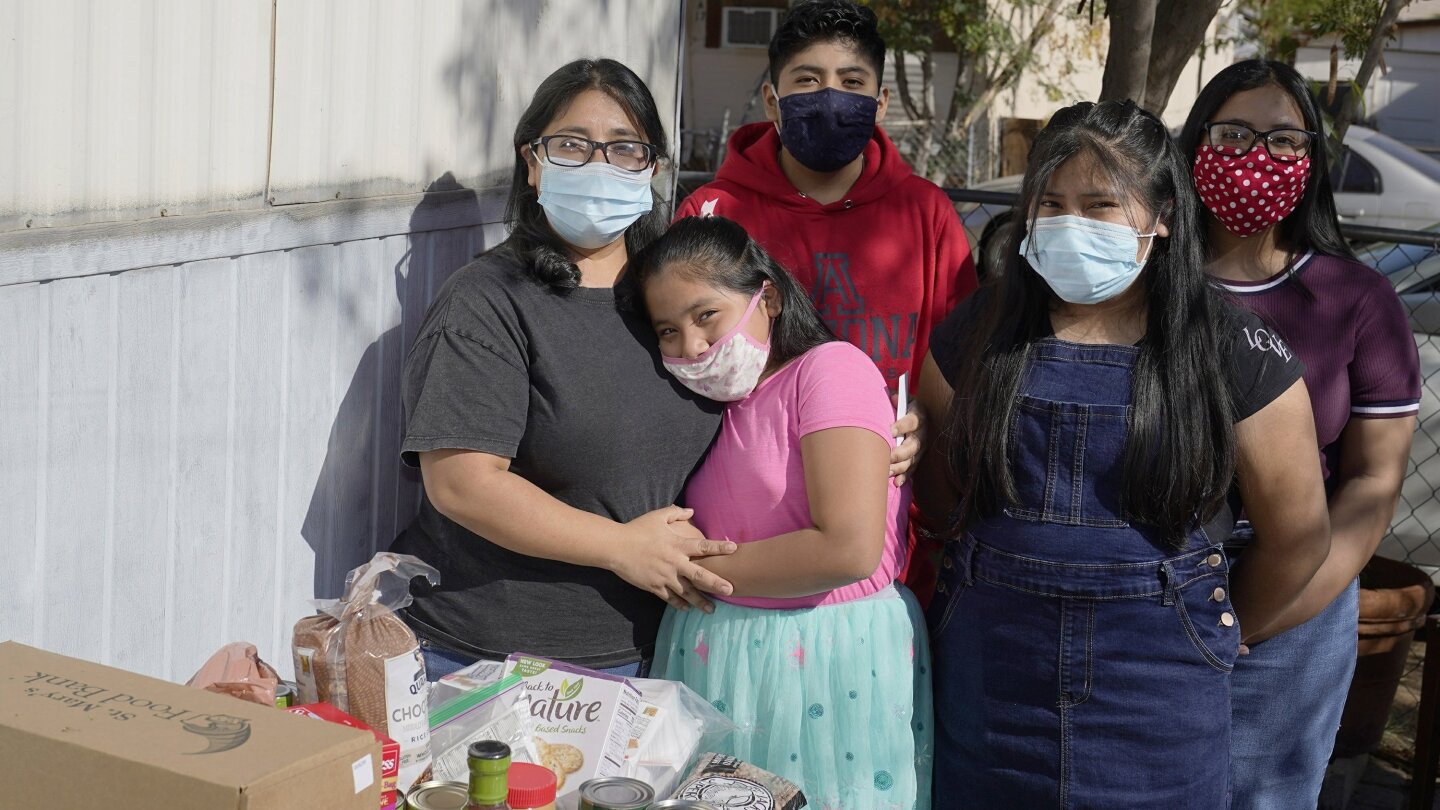
Millions of hungry Americans turn to food banks for 1st time
Associated Press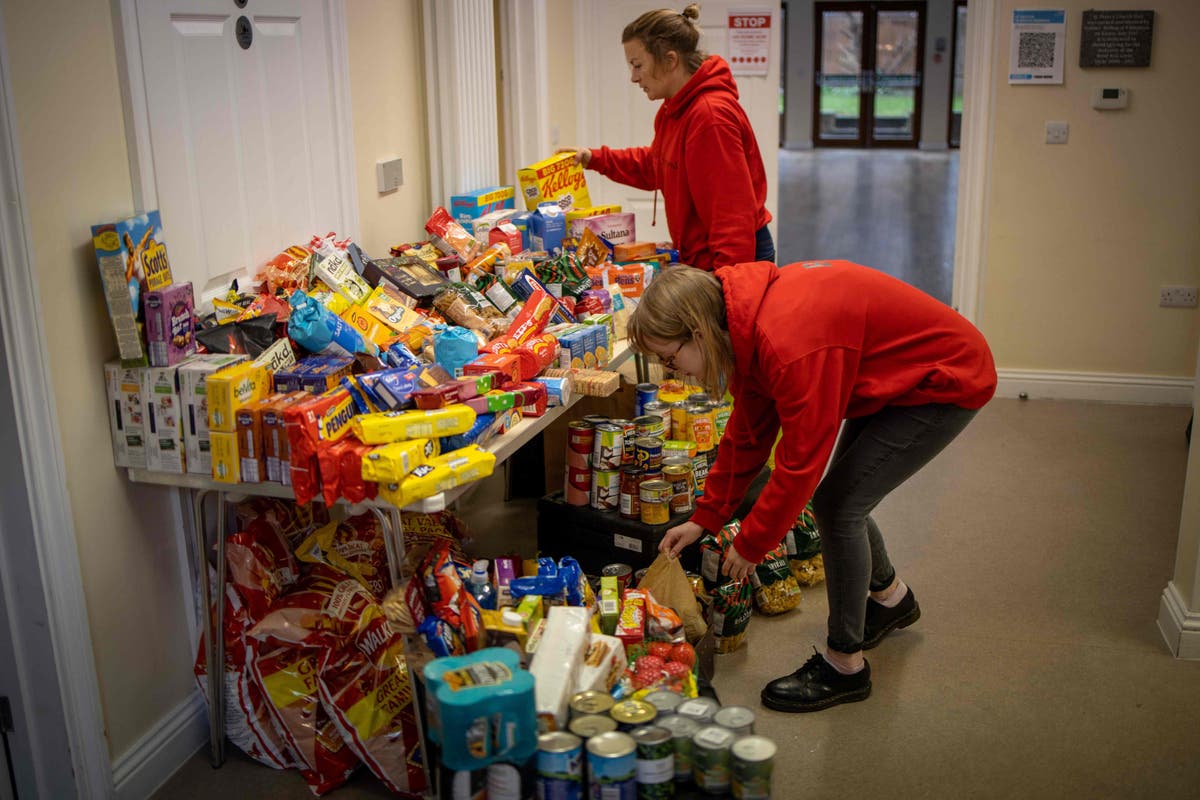
Food charities need volunteers for Christmas push, amid warnings of holiday hunger
The IndependentDiscover Related

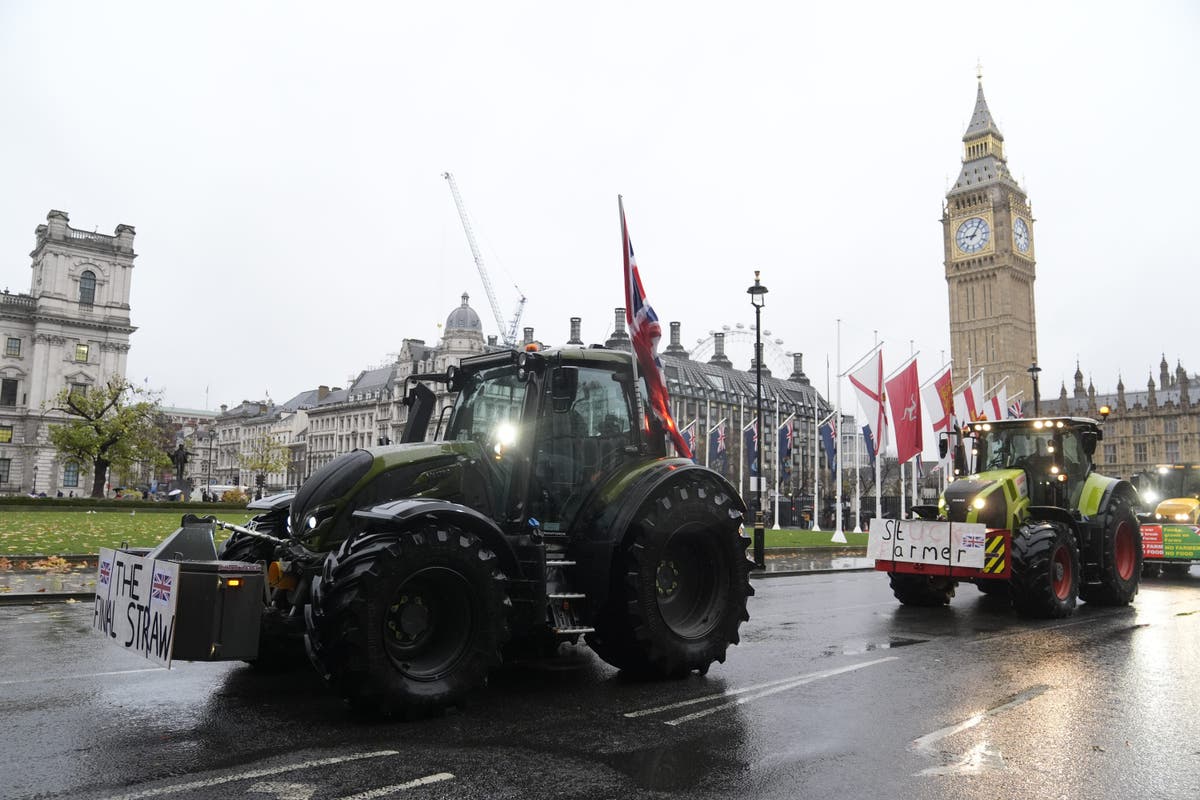
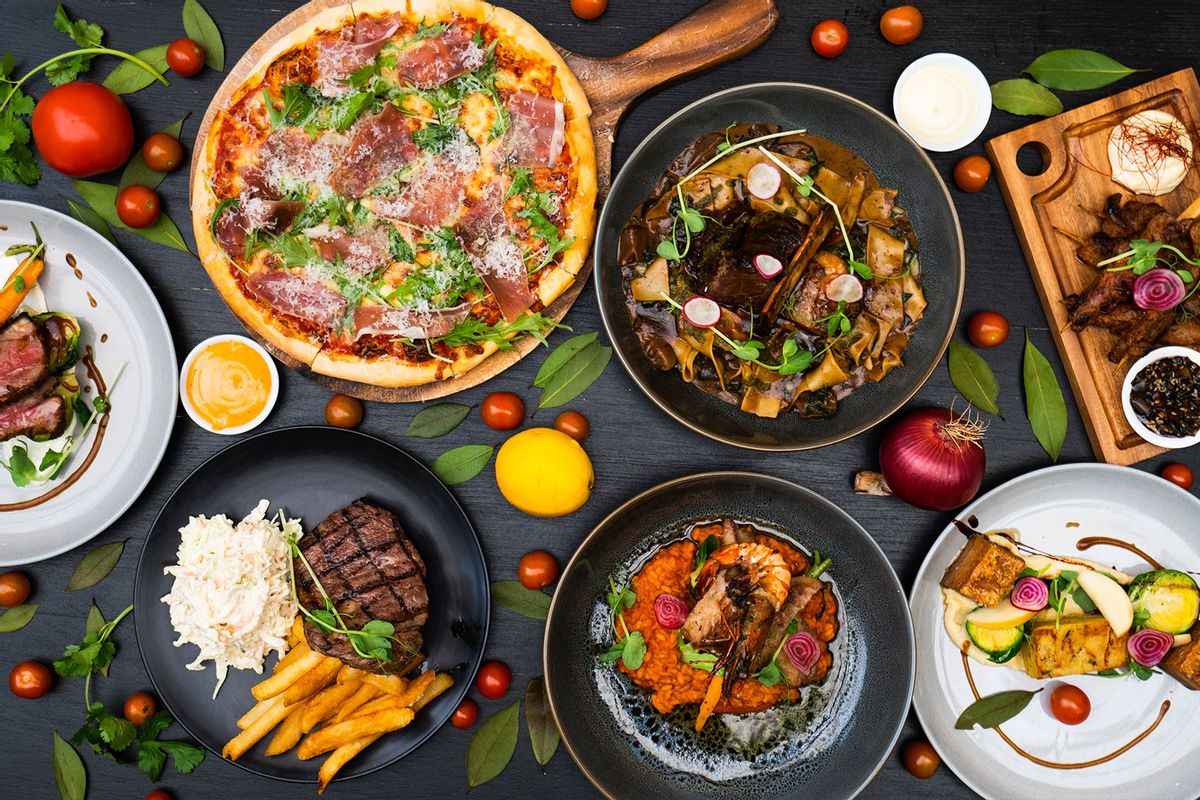
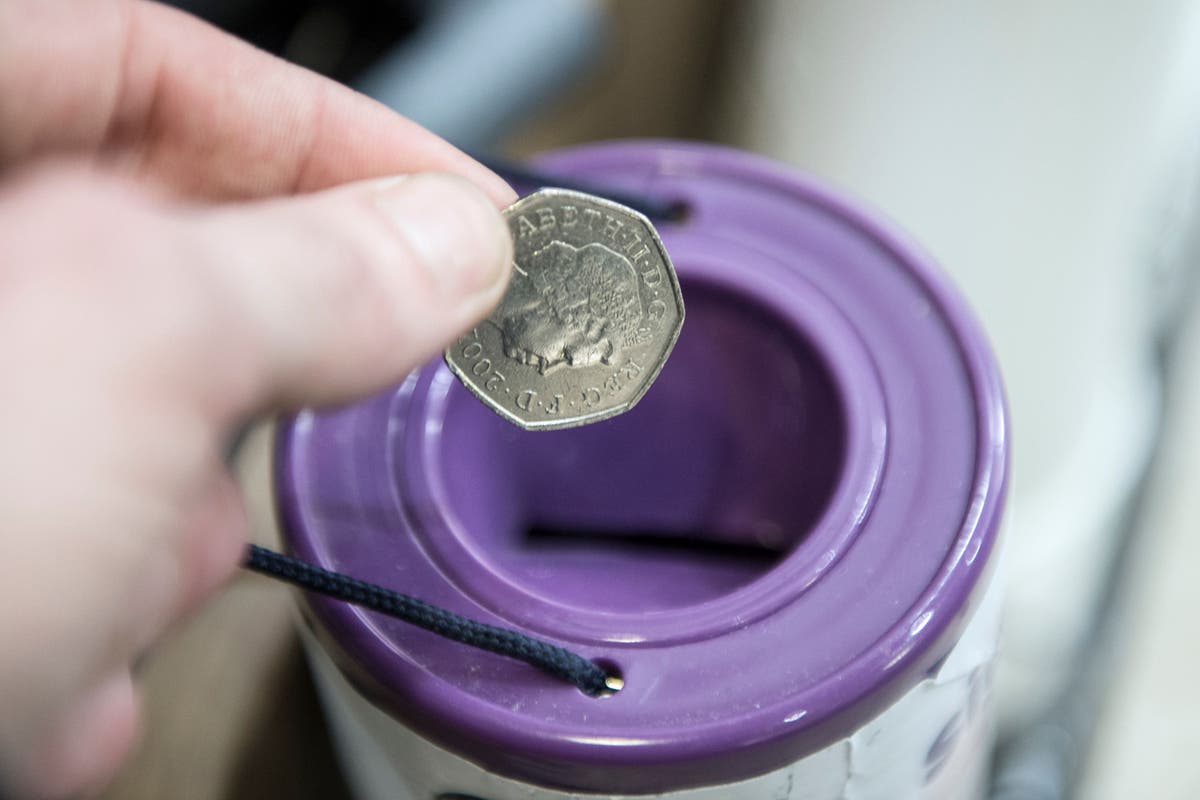


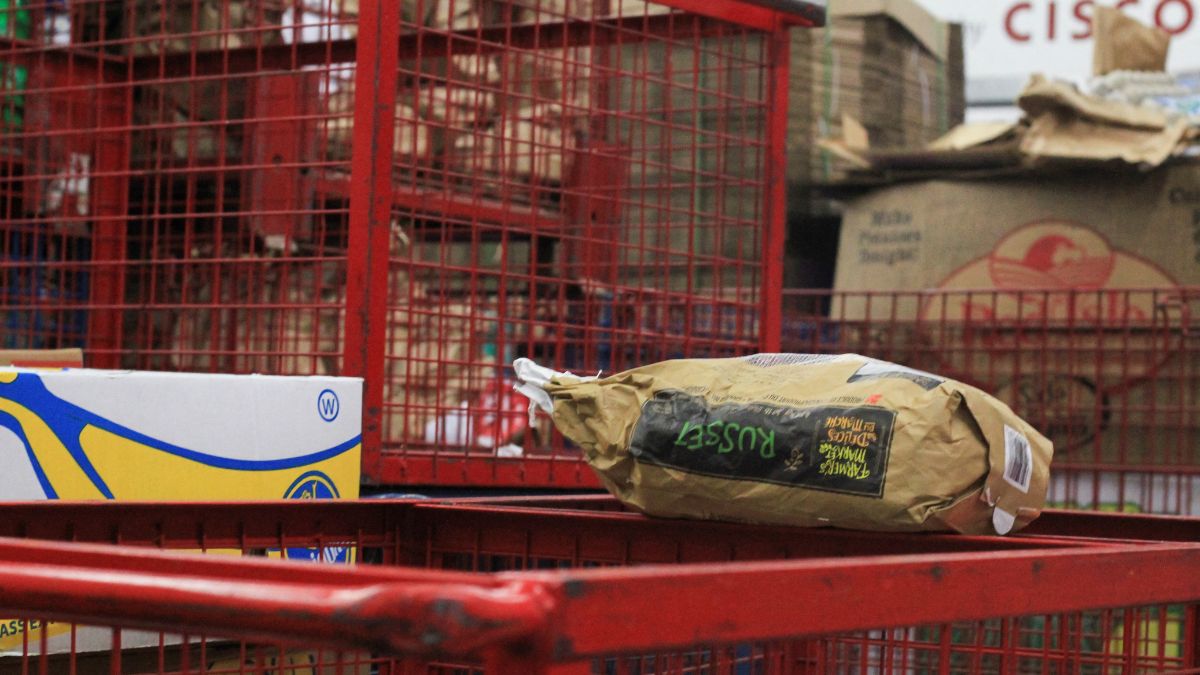)

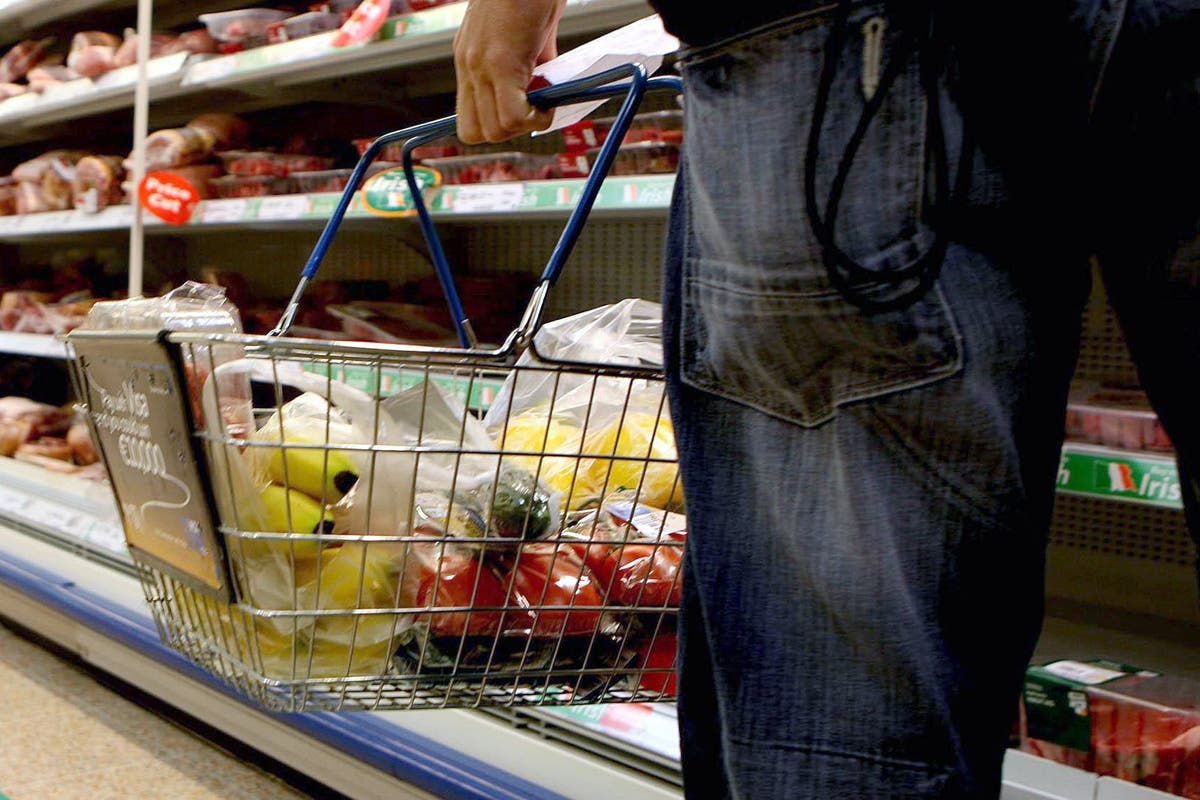

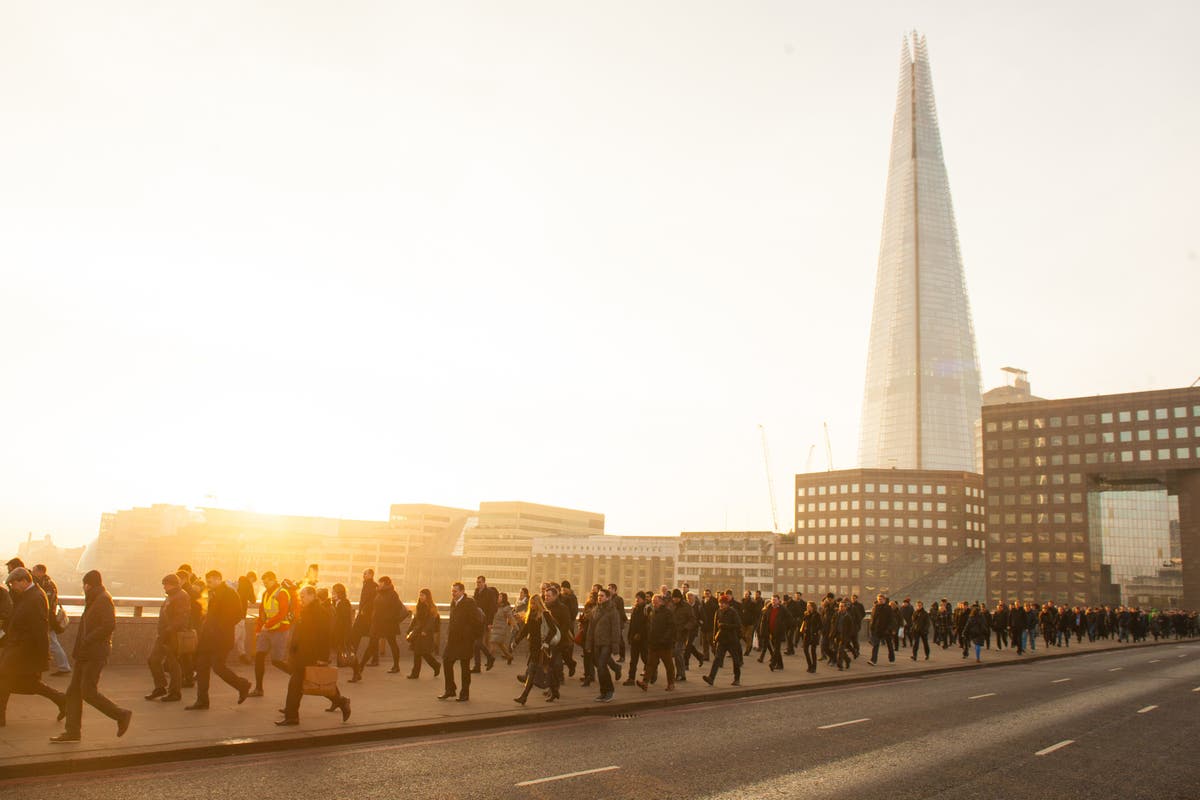
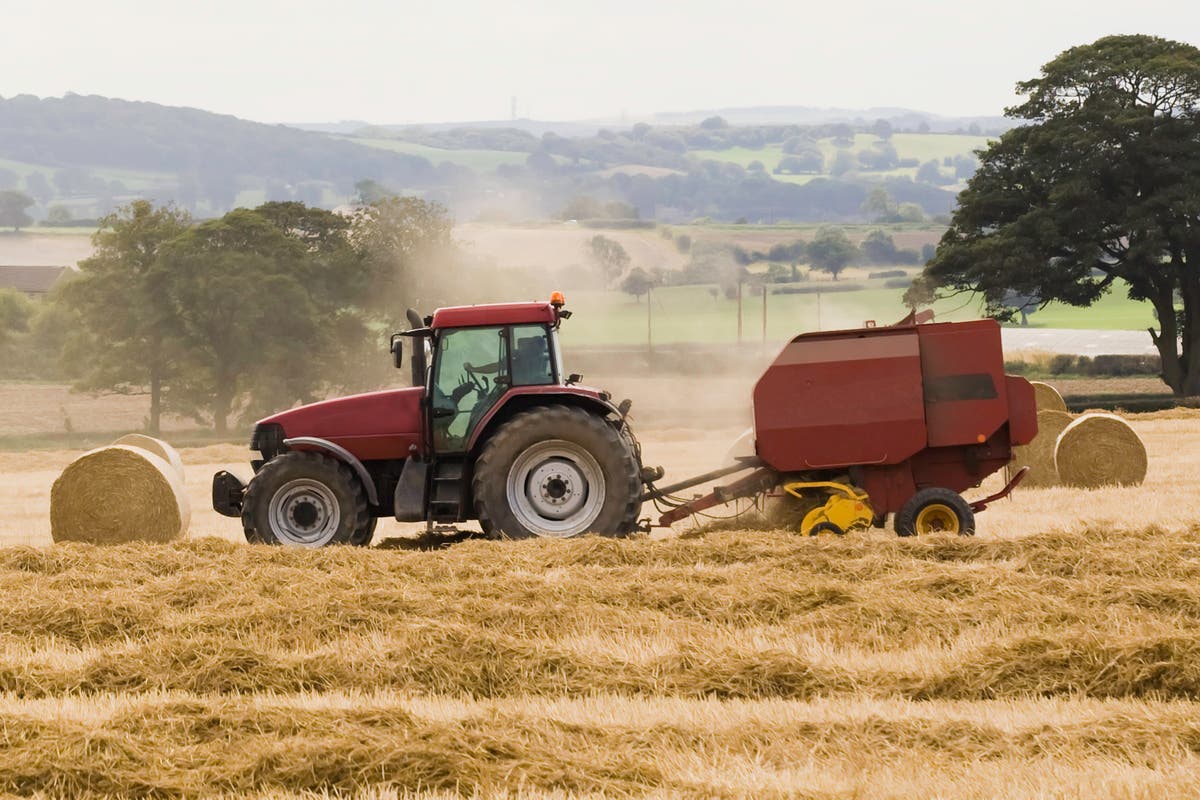

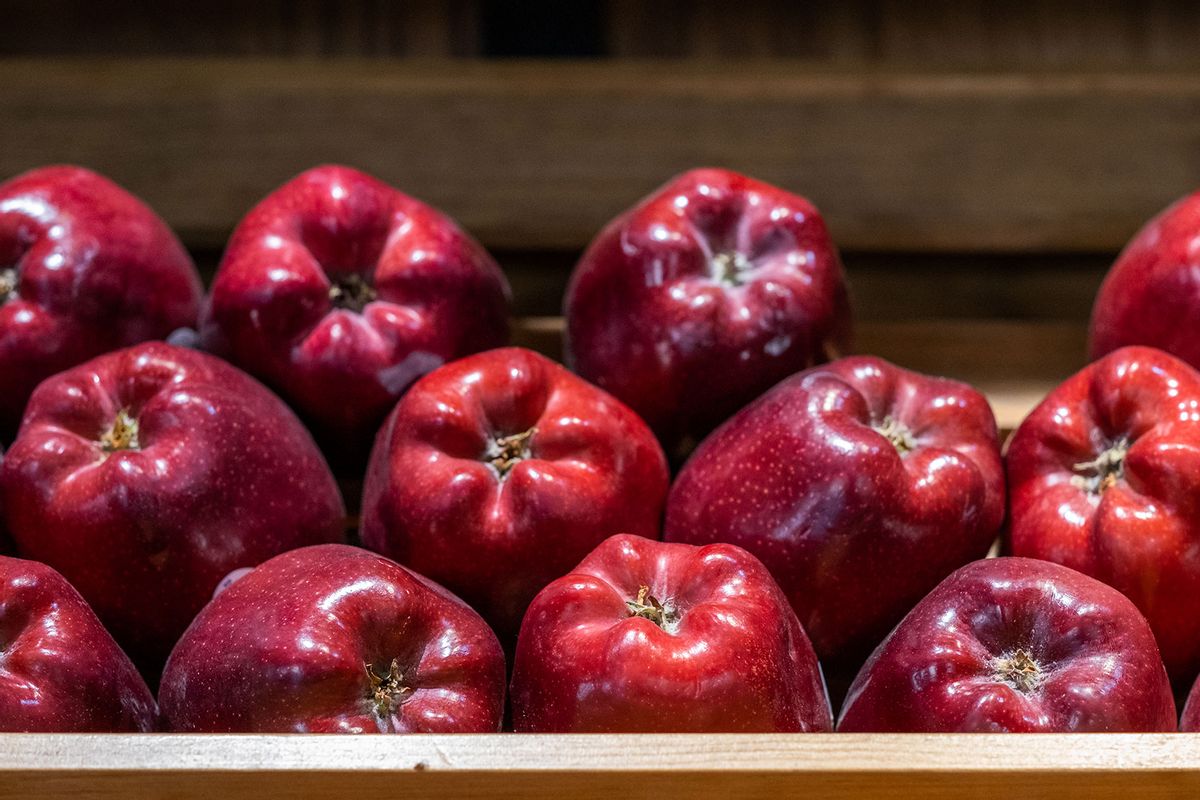

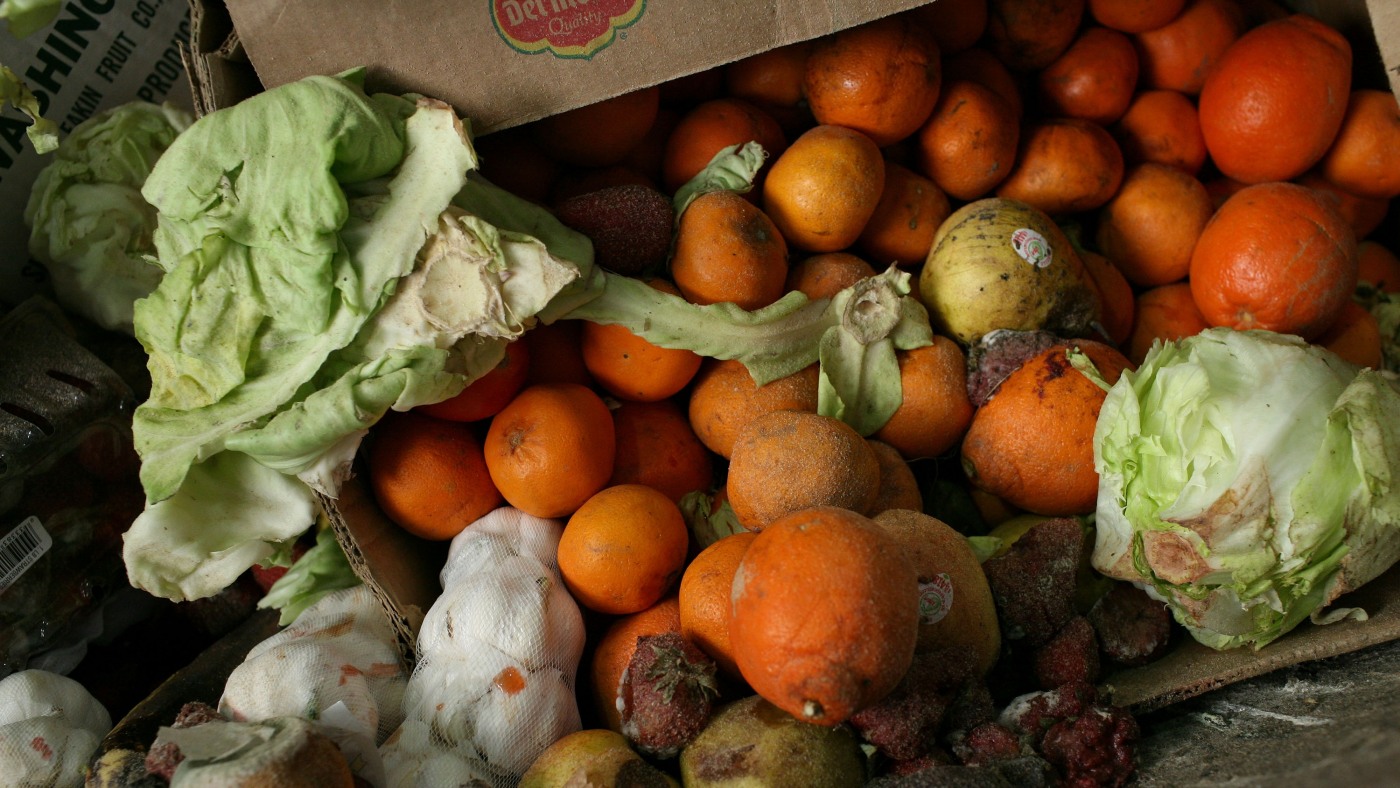
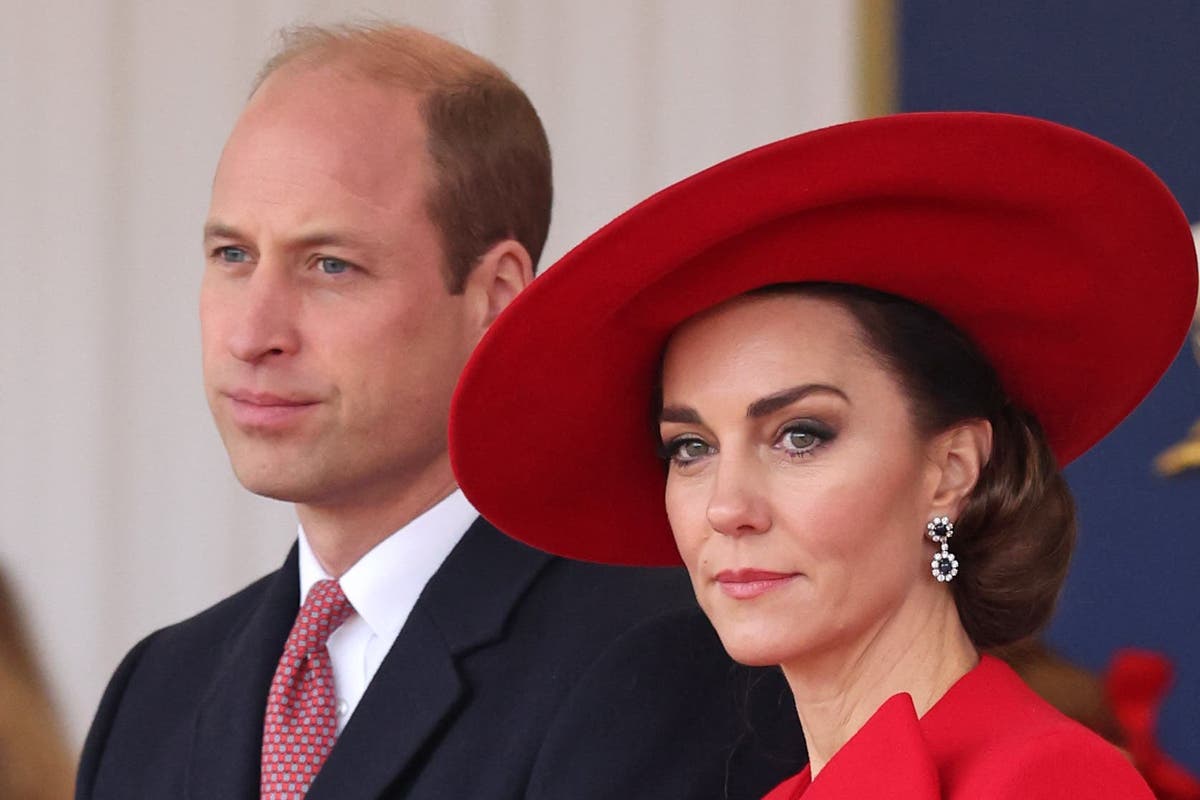







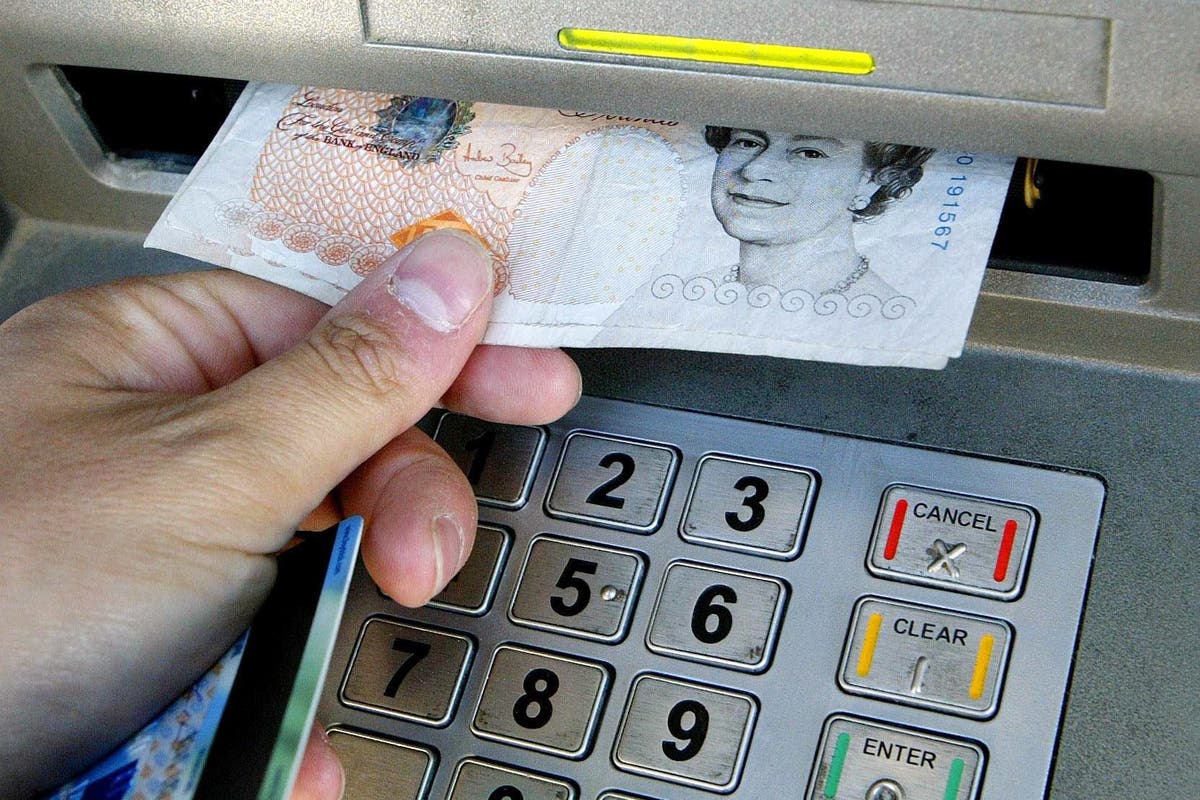

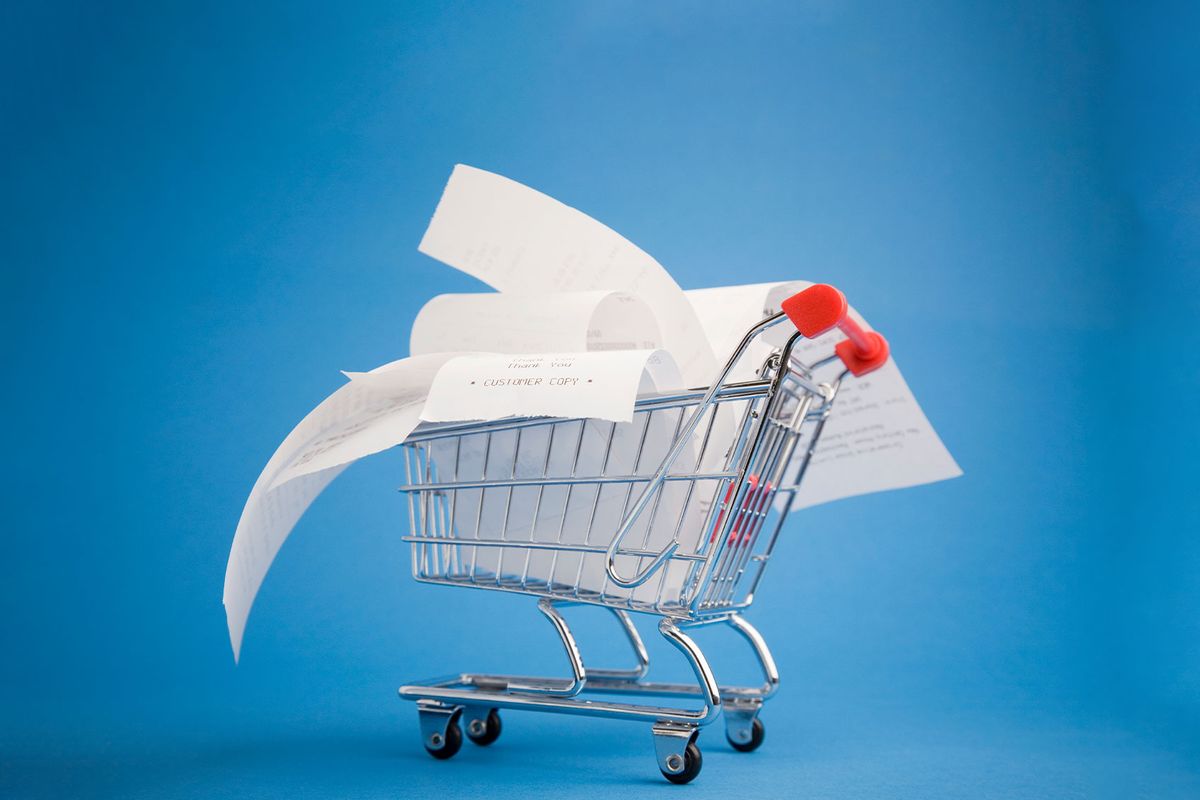
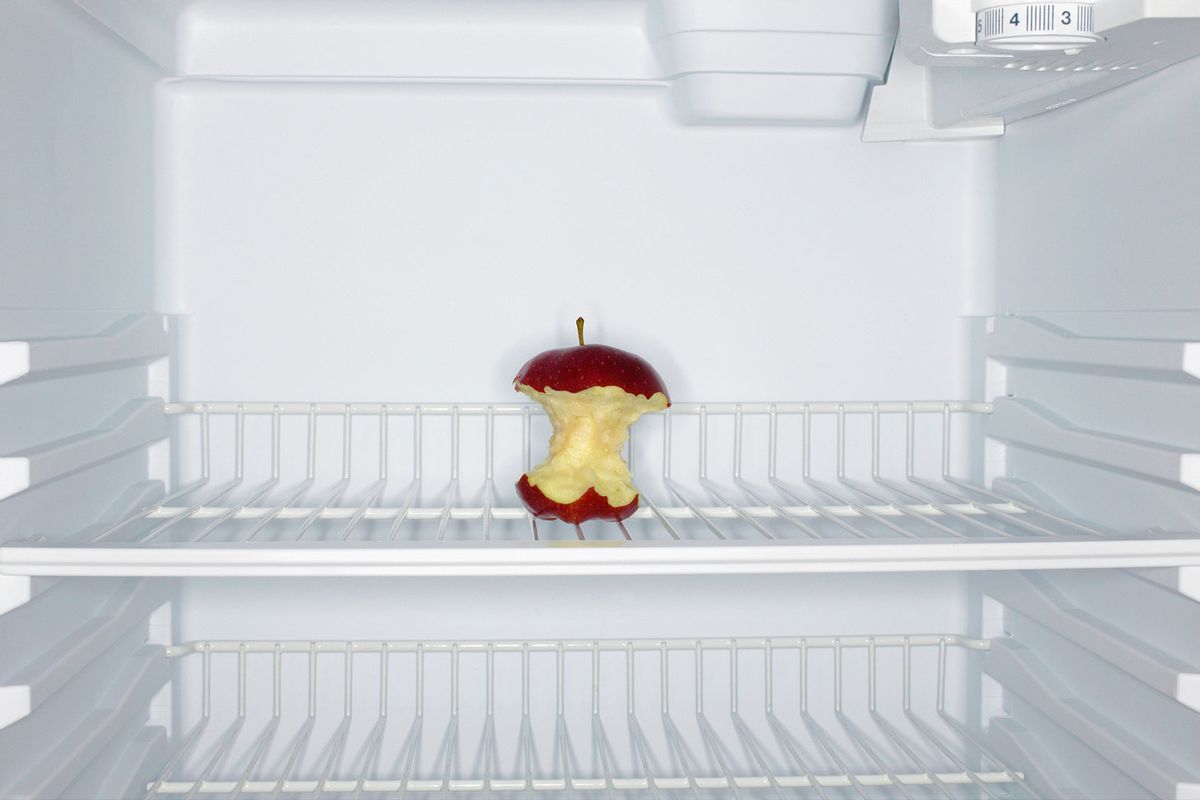



)


